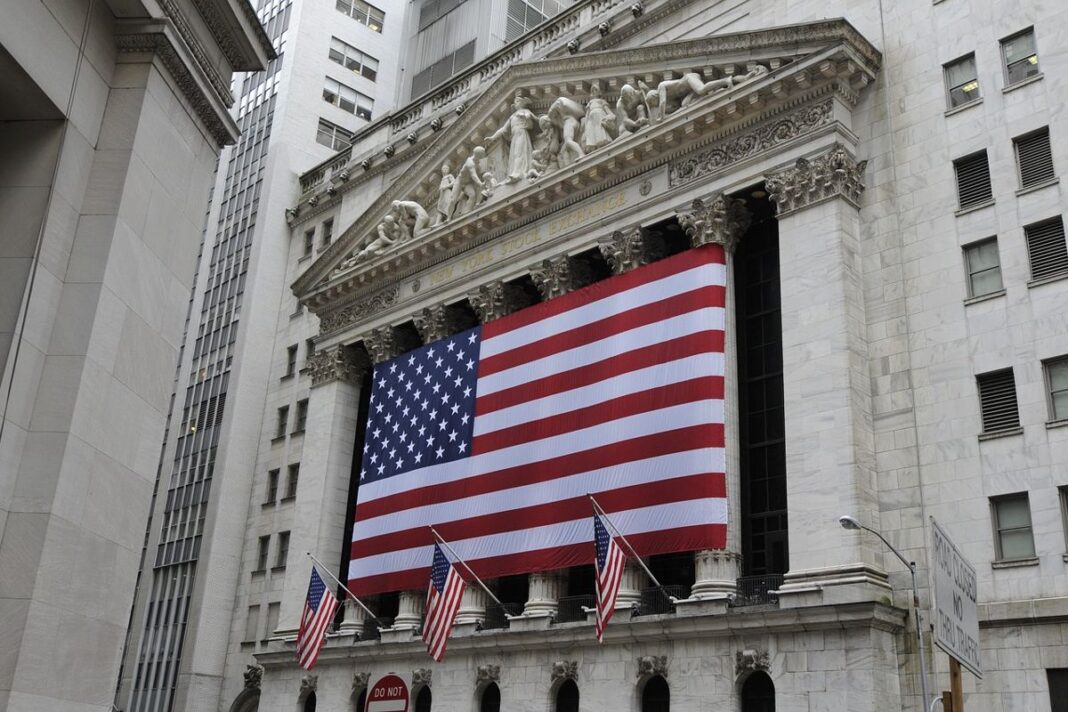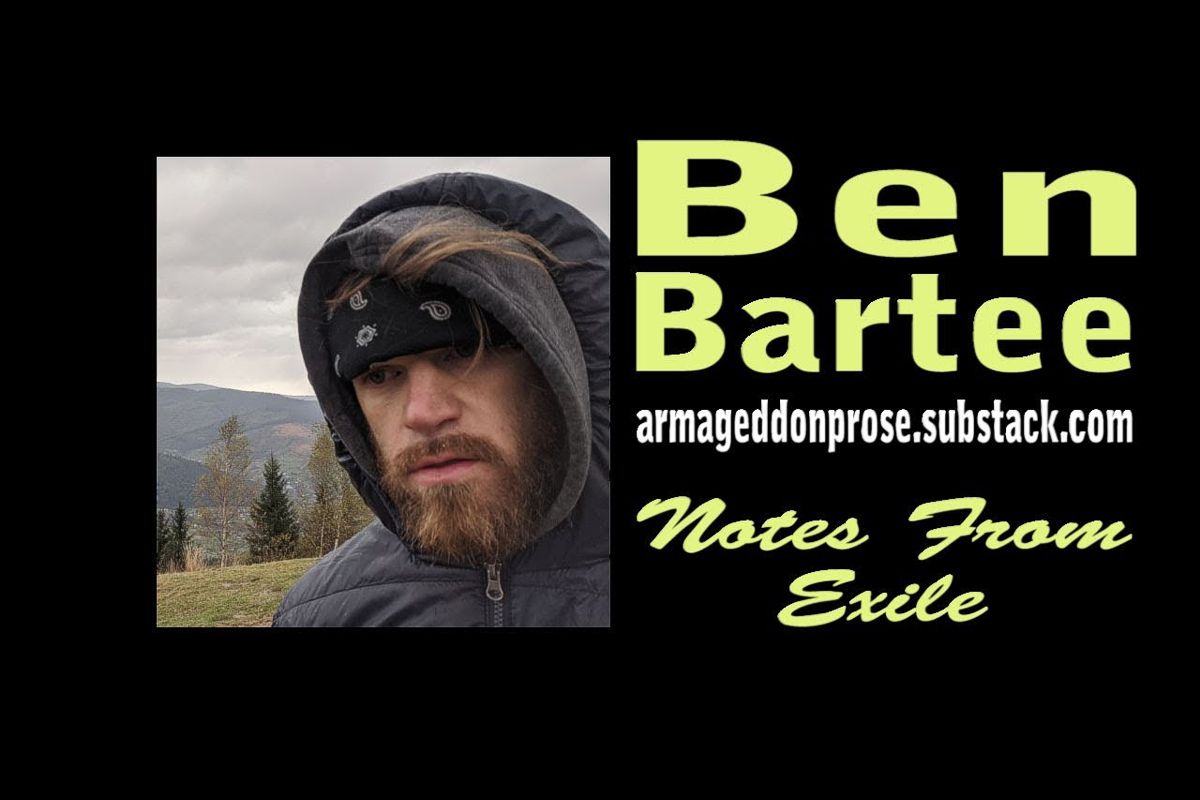Two of the suspects are in custody; the other six are fugitives. All face a possible 25 years in prison plus fines.
Eight foreign nationals suspected of running a global insider trading network that generated tens of millions of dollars in illicit profits are facing charges of securities fraud and money laundering in the United States, federal prosecutors announced Nov. 18 in Boston.
Federal authorities claim three of the suspects were leaders of the insider trading network, which operated from 2016 to 2024. Many of the illegal trades allegedly took place over an automated exchange in Massachusetts.
The leaders allegedly recruited investment bankers and other corporate insiders who had access to nonpublic information about the financial performance and merger-and-acquisition activity of publicly traded companies, according to court documents.
“These eight men are accused of engaging in a global con—trading on material, nonpublic information stolen from companies to score millions of dollars for themselves,” said Ted Docks, special agent in charge of the FBI’s Boston field office. “We believe everything these men did, including their alleged attempts to conceal their crimes, show a willful disregard for the law.”
The defendants are Samy Fadi Khouadja, 45, of France and the United Arab Emirates; Eamma Safi, 38, of the United Arab Emirates and Germany; Zhi Ge, 34, of Singapore; Christophe Dong, 41, of France and Hong Kong; Julien Liu, 35, of France and Hong Kong; Patrick Chou, 38, of France and Hong Kong; Cheuk Yue Lee, 43, of Hong Kong; and Dev Ananth Durai, 39, of Singapore.
Prosecutors say Khouadja, Safi, and Ge were the network leaders who recruited insiders and paid them for information. The three also recruited a network of traders in the United States, Europe, the Middle East, and Asia.
Prosecutors say they also leaked information to journalists and news outlets to profit on securities trades following publication of their stories.
Authorities allege that the network of traders—which included Dong, Liu, Chou, Lee, and Durai—agreed to kick back a percentage of the profits to the three leaders. Prosecutors claim the payments were made in cash transfers and third-party payments, and by using shell companies and sham loans and invoices.








